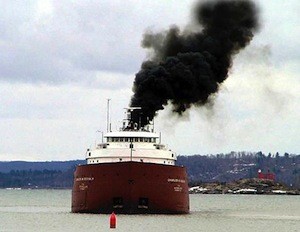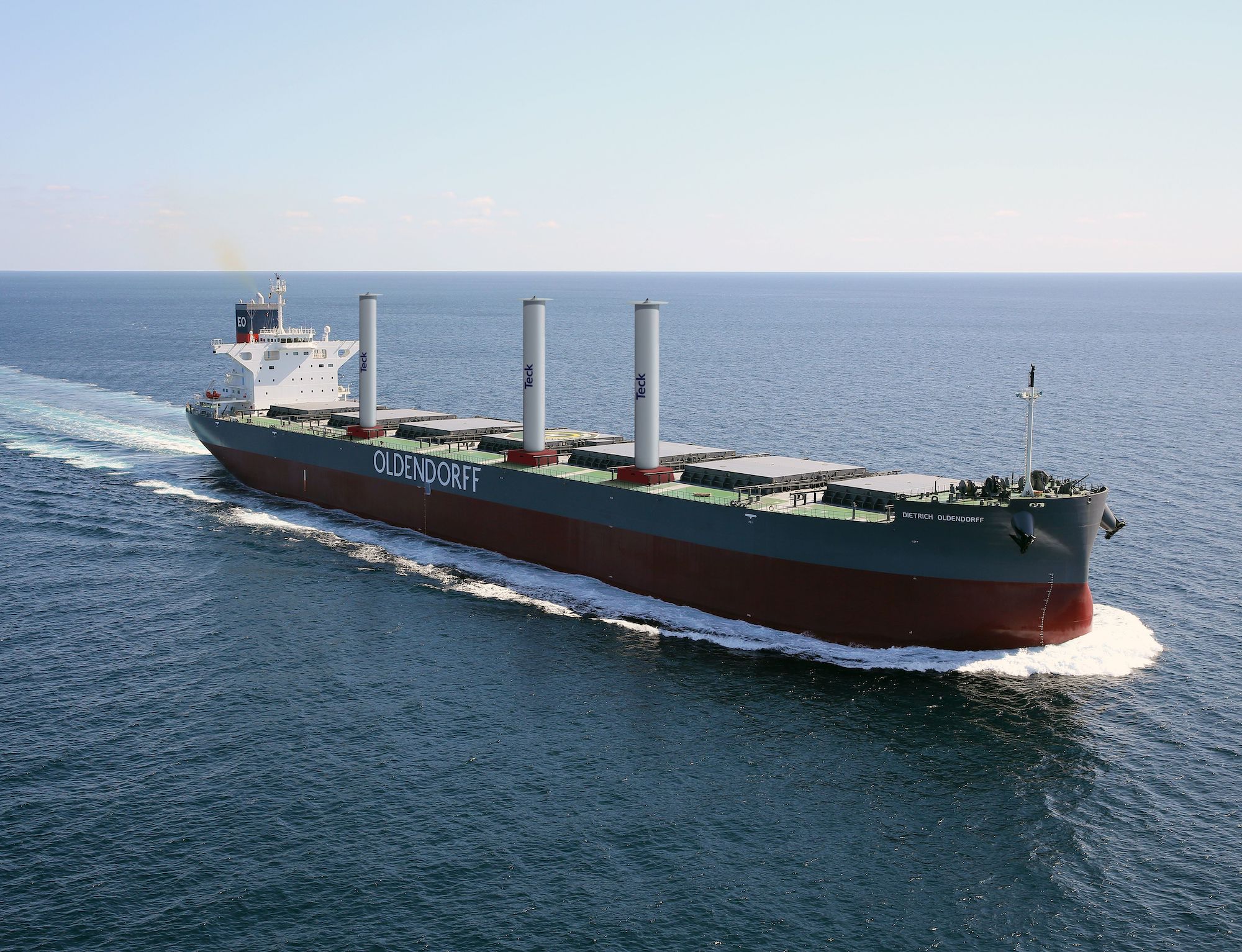With the proposed tax, this would cost you… a lot
(Dow Jones) WASHINGTON–The head of the International Monetary Fund called Tuesday for governments to tax carbon dioxide emissions to help limit human-generated greenhouse gases thought to contribute to a change in the Earth’s climate and to raise revenue in difficult budget times.
“We need to get the green economy right,” IMF Managing Director Christine Lagarde said in a speech to the Center for Global Development. In the rush to rebuild growth amid one of the toughest global economic eras since the Great Depression, she said policy makers must take care to create sustainable expansion.
Ms. Lagarde offered the IMF’s economic expertise in helping governments set pricing for greenhouse gas emissions just days ahead of the Rio+20 earth summit in Brazil on June 20-22. Her comments also coincide with a new IMF study on carbon pricing.
“Getting the prices right means using fiscal policy to make sure that the harm we do is reflected in the prices we pay,” she said.
The IMF chief said not only would greenhouse gas fees or other tax-like policies help curb emissions, but they could also give a boost to government coffers in sore need of cash, as well as drive economic development of low-emission technologies. For example, she said the U.S. could raise over $1 trillion in new cash over a decade if it implemented a $25-a-ton carbon tax. Also, international charges for aviation or maritime emissions could help developing countries pay for strategies meant to protect against the impact from potential climate changes.
Low-emission technologies largely cost more than traditional energy generation. Putting a cost on greenhouse gases helps force emitting industries to curb their emissions or pay for the right to emit. Those fees can then help subsidize low-emission technologies, or be funneled to help other government budget priorities.
The calls touch a politically controversial topic. The U.S., for example, has failed to approve legislation that would put a price on greenhouse gas emissions as major emitting industries such as the oil and coal sectors have battled against stringent regulation and some lawmakers question not only the economics of carbon fees, but also the science. While many scientists agree that human-generated greenhouse gas emissions can contribute to a changing climate, there is still disagreement about the potential impact.
Ms. Lagarde, however, called climate change “clearly one of the great challenges of our time,” and said major-emitting economies owed a responsibility to poor nations to help their countries adapt to potential climate change impacts.
Also, she said a push toward low-emission technologies could be a boon to developing nations.
“There is a lot of scope for filling infrastructure gaps in places like Africa with clean technology–this leads to higher growth and greener growth, the best of both worlds,” she said. Some countries have said the cost of low-emission technologies is an unfair burden on developing nations, and that major emitters such as the U.S. and in Europe should help fund those investments.
“Changes in international aviation and maritime emissions would raise about a quarter of the $100 billion needed for climate adaptation and mitigation in developing countries, resources that developed countries have committed to mobilize by 2020,” Ms. Lagarde said.
– By Ian Talley, Dow Jones Newswires
Unlock Exclusive Insights Today!
Join the gCaptain Club for curated content, insider opinions, and vibrant community discussions.

 Join The Club
Join The Club













